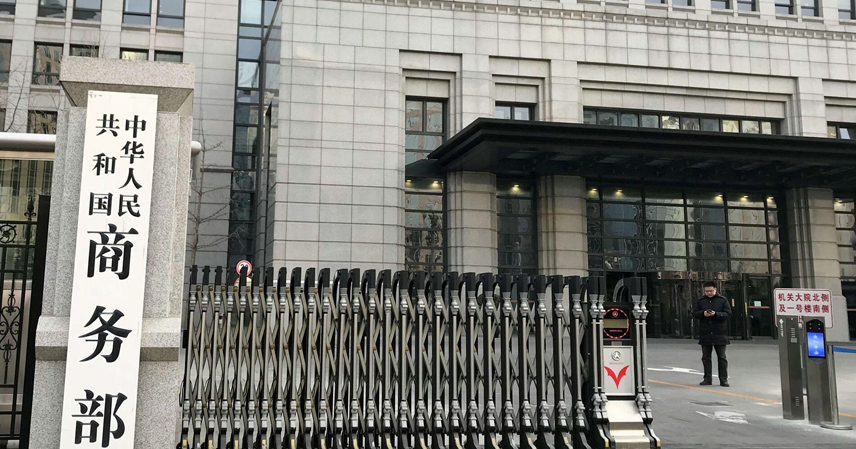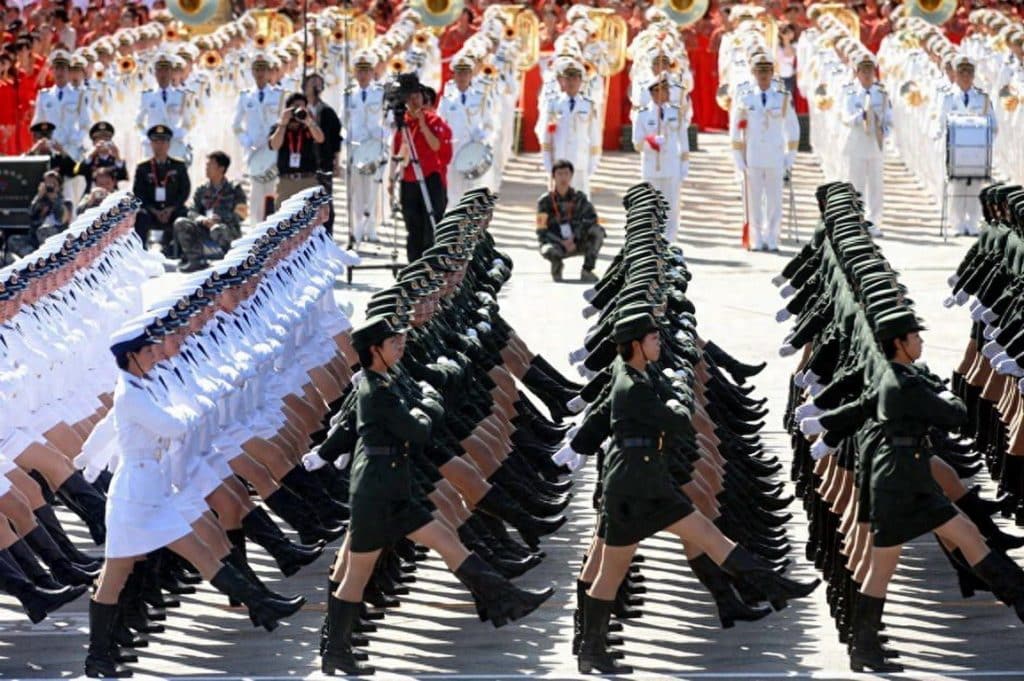EU Foreign Minister Kaja Kallas did not expect that her remarks about China would not only reveal her lack of historical understanding but also immediately provoke a strong countermeasure from Beijing. So, what exactly did Kallas say, and how did China respond so quickly?
Kallas may now regret her comments. According to Reuters and other international media, Kallas claimed that the joint military parades of China, Russia, and North Korea represented “a direct challenge to the rules-based international order.” She went further, calling it not just “anti-West,” but also “a symbol of China supporting Russia’s war.”

But her comments didn’t stop there. At an EU Security Institute conference, she described the narrative that “China and Russia jointly defeated Nazi Germany in World War II” as “novel” and said that “anyone familiar with WWII history would find it hard to agree.” She even suggested that people “read more history books.” Her remarks were seen as a deliberate attempt to downplay the contributions of both China and Russia in WWII.
In reality, China tied down the majority of Japanese forces, preventing them from reinforcing the Pacific theater, while the Soviet Union’s victory at Stalingrad marked a turning point on the Eastern Front. Both countries played indispensable roles in the Allied victory. Kallas, a former Estonian prime minister known for her hardline stance on Russia, clearly intended to undermine China and Russia’s historical legitimacy to strengthen EU support for Ukraine. This position reflects the hawkish stance of certain EU factions. By contrast, EU Commission President Ursula von der Leyen recently acknowledged China’s WWII contribution and has sought continued economic cooperation with Beijing.

China, however, wasted no time in responding. On September 5, China’s Ministry of Commerce announced an anti-dumping investigation into pork and pork by-products originating from the EU. Starting September 10, affected products must provide deposits to Chinese customs based on provisional duty rates.
The timing makes China’s intentions clear. If the EU brands China as a “threat” and dismisses its WWII contributions right after China’s military parade, Beijing will not hesitate to retaliate.
So how significant is this move for the EU? In 2023, EU pork exports to China were valued at about $1.5 billion (Spain $400M, Denmark $300M, Netherlands $200M). With new anti-dumping deposits raising costs, exports are expected to decline by 20–30% in 2025, amounting to losses of $300–500 million. Spain and Denmark, where pork exports are a pillar of the economy, will be hit hardest. Small farms may even face bankruptcy.
Spain’s government, which has shown a more China-friendly attitude, is already uneasy. On September 5, Spain’s Agriculture Minister urged the EU to “reassess electric vehicle tariffs.” China’s countermeasure could deepen divisions within the EU, as countries reliant on trade with China put pressure on Brussels’ hawks.

Moreover, this anti-dumping action might force the EU to reconsider its stance ahead of the final decision on EV tariffs in October. If hawkish voices like Kallas continue, Beijing could further expand countermeasures—recalling its earlier anti-dumping probe into French brandy—and potentially extend measures to automobiles and other strategic sectors.
China’s move serves a dual purpose: it responds firmly to Kallas’ remarks and simultaneously pushes the EU toward compromise on EV tariffs. For hawks within the EU, the future looks challenging. Von der Leyen, already walking a fine line to keep economic cooperation with China alive, will likely grow impatient with voices like Kallas’. Meanwhile, Spain and Denmark will step up internal pressure, intensifying divisions within the EU.



